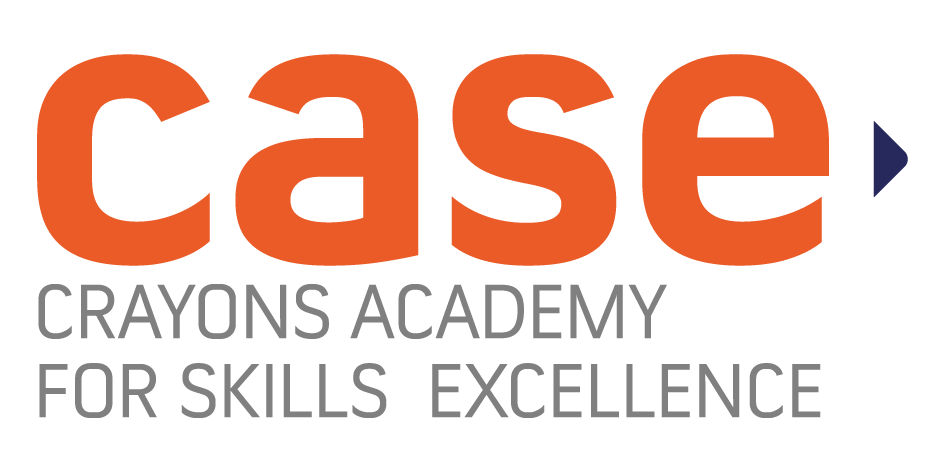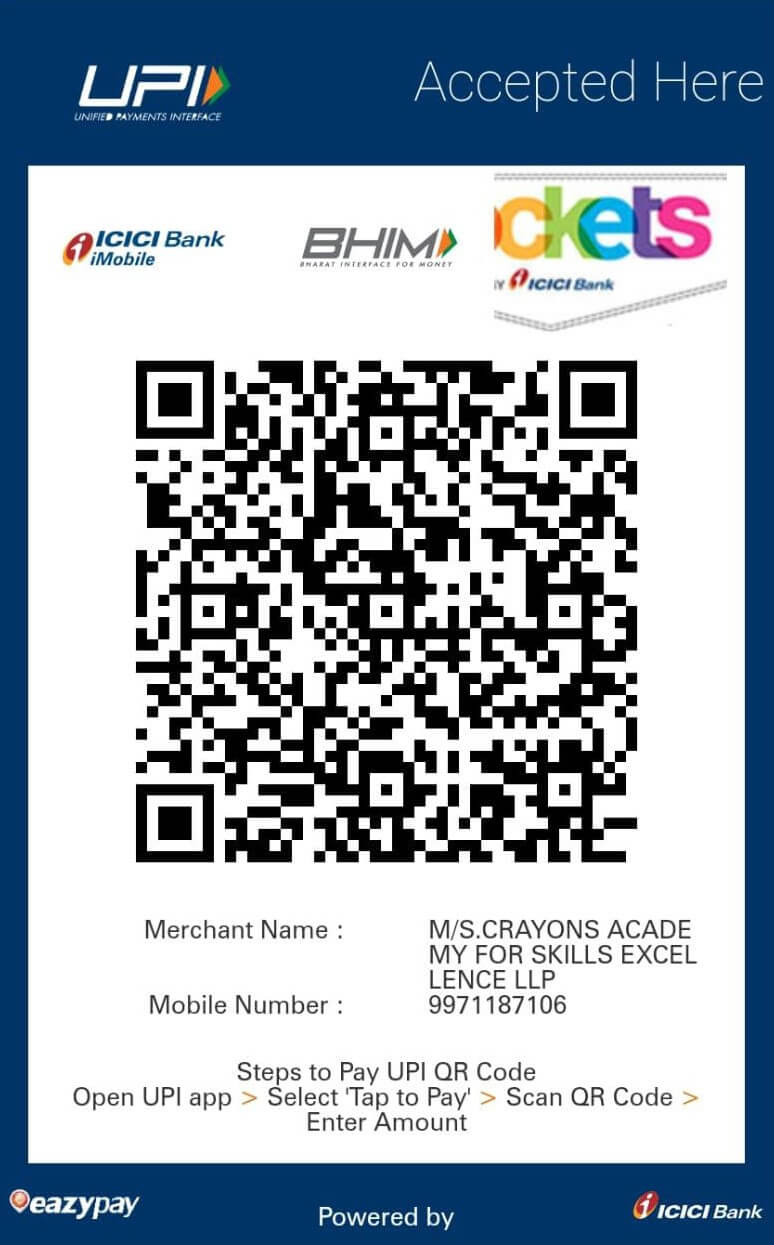The recent Crimson reporting about current distance running coach Patrick Wales-Dinan underscores the delicate equilibrium between academics and athletics at Harvard. While current members of the team have praised the coach for creating a healthy environment and providing mentorship, others, including former members, have criticized his coaching style for negatively impacting their social lives, academics, and health. In particular, some have alleged that he allowed athletes to overtrain, miss meals, and lose excessive amounts of weight, all as part of an unhealthy team culture with intense pressure.
Athletics are a large or even integral component in the experiences of many students; however, we recognize that the student-athlete balance varies from student to student. Joining a varsity team is a decision that has major ramifications, shaping schedules and various other parts of college life. The
Athletics Department and Jason S. Saretsky, the head coach of track and cross country, have all highlighted the concurrent importance they place on academics, but the controversy suggests that the balance can sometimes not be adequately defined or implemented in practice.
Academics, social life, and physical and mental health are all critical to formulating the overall liberal arts experience that Harvard seeks to provide to its students. Athletes should not have to compete in an environment where they feel the commitment asked of them is detrimental to any of those aspects of
their lives. Each day, student athletes seek to balance each facet of their life; athletic responsibilities or coaches’ expectations should avoid fully infringing on their attempts to strike that balance.
That is not to say that students should fully dictate the terms. As a commitment athletic teams, like student organizations, are right to ask for a certain level of involvement from their members. It is appropriate for coaches, as the managers and leaders of their teams, to ask for an appropriate amount of time and personal investment from their athletes. Nevertheless, they should always be mindful of the exact commitment demanded and endeavor to never reach the point where athletics overshadows other parts of the Harvard experience.
The current situation on the cross country team demonstrates the crucial role that student-athletes can, and should, play in keeping coaches accountable for their handling of the academics-athletics balance. Responsible action can ensure that a better balance emerges or stays in place. Since students are the ones whose lives are ultimately affected, it is essential that they make their voices
heard.
This staff editorial solely represents the majority view of The Crimson Editorial Board. It is the product of discussions at regular Editorial Board meetings. In order to ensure the impartiality of our journalism, Crimson editors who choose to opine and vote at these meetings are not involved in the reporting of articles on similar topics.
Source: The Harvard Crimson




